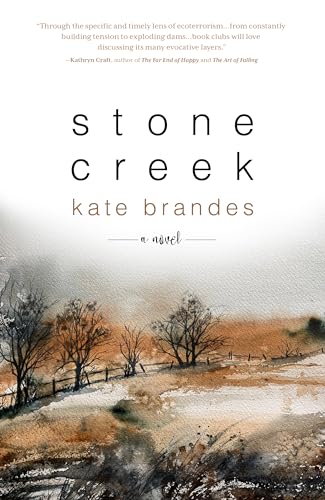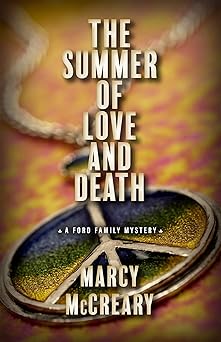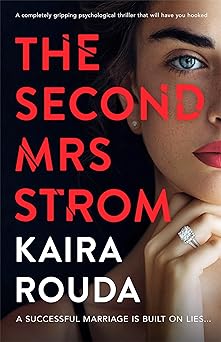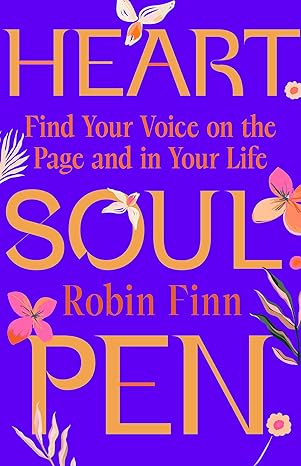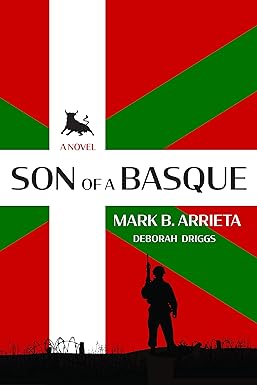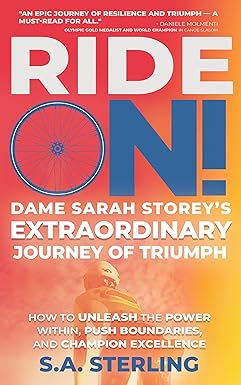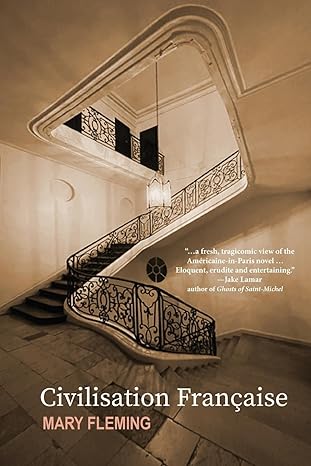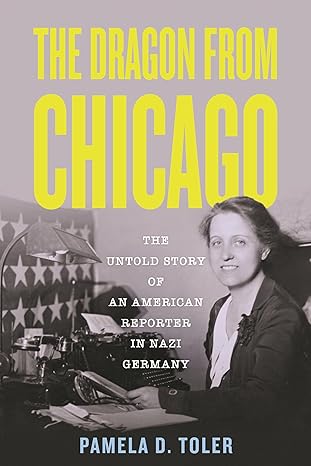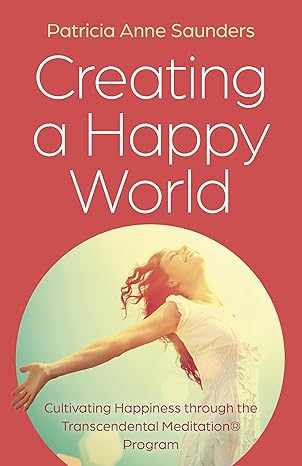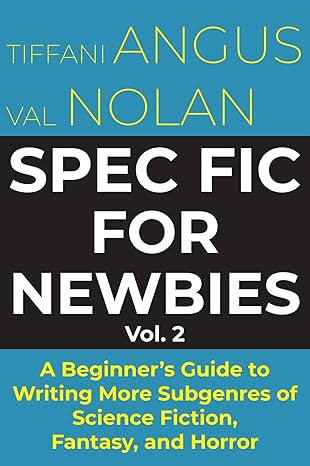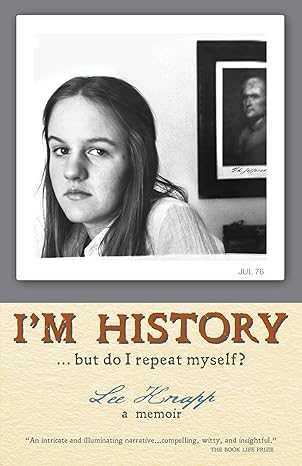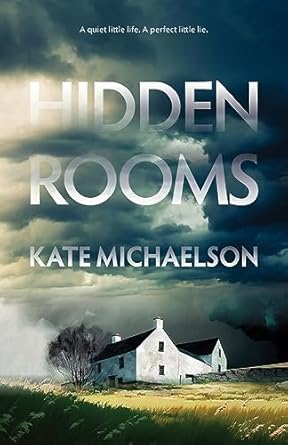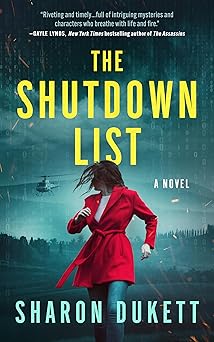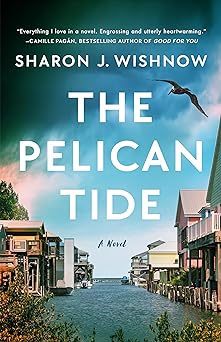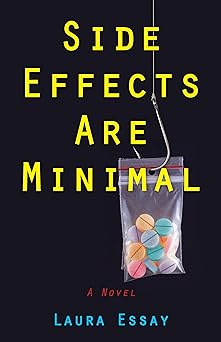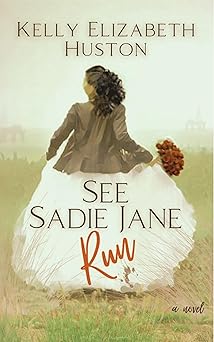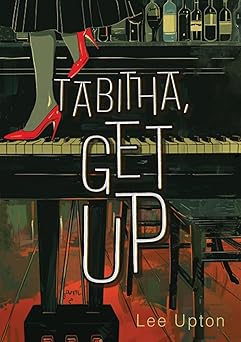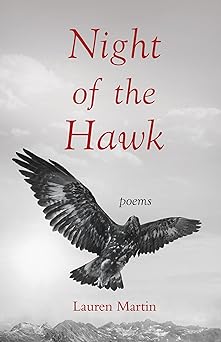Finding My Footing as a Career-Books Author
Finding My Footing as a Career-Books Author
By Vicky Oliver
I always dreamed of being a writer. The issue was, I could not afford to be one. My mother and stepfather told me that I couldn’t, and I believed them. They urged me to try to get a job where I would be paid to write.
So, after I had graduated from college, I pursued a career in the paid literary arts, a.k.a. advertising.
I started as a receptionist. After a time, I was promoted to secretary. I had no idea how to type, but I knew how to get in early and work late hours.
By chance, a cassette landed on my desk one day. I was supposed to type up this transcript for the creative team at the ad agency. But the words were garbled. It turned out to be a conversation between the creative director and a client about a telephone sales script. I sent out the tape to a professional company to have it transcribed: they couldn’t understand it either. So I went upstairs to the creative director and interviewed him on the contents of that tape. He told me it was about a telephone sales script and that no one on his team wanted to write it.
As fate would have it, I had worked in a telephone sales company for four weeks before starting at the ad agency.
The script was for a financial services product, and by interviewing my then-boyfriend, who worked in an unrelated field, I began to develop a grasp of what the product offered.
I offered to write the telephone sales script, and it produced two-and-a-half times the results that the client expected!
I was made a junior copywriter. The work agreed with me. It was fun and creatively challenging. I was later promoted to copywriter, and after that, senior copywriter, when I caught the “bug” to find out how the other half wrote. That is, I wanted to transfer into what was known at the time as “general” advertising.
Back then, many smart people told me that I could not make this switch. I was “too far along in direct,” they told me. I’d won some awards for various ads, which in turn made my salary rise. But the real reason was that my direct experience was not seen as comparable. I wrote ads with coupons and 800 numbers, and I was going for a job where the writers had never written a coupon or included an 800 number before.
I started taking advertising classes at night and working on a portfolio of speculative ads. And I kept asking various professionals in the field for their feedback on my work and revising the ads. So, by day, I went to the office and wrote direct response ads, and by night I went to class and wrote speculative ad copy.
“There’s no doubt about your determination,” one of my advertising mentors told me at the time.
Each day at the office I had to respond to a lot of feedback — from coworkers and colleagues and bosses, certainly, but also from the real-world results that I received in direct response. An account manager would say, “This ad performed better than that one, so write three more like the first one.”
Having learned how to use feedback in a constructive way to improve an ad’s performance, I did my best to gather as much feedback as I could on my speculative portfolio. And then finally, after revising my speculative ad portfolio for the millionth-plus time, I landed a job in general advertising. I basically had to start all over again at the bottom to do so. But, by plugging away and continuing to take night classes, I had made the switch. (I took almost as many advertising classes as courses in college!)
My belief that there were more creative places to work kept me transitioning to new, more challenging and more exciting roles.
“You’re becoming an expert on job-hunting,” my stepfather said at the time.
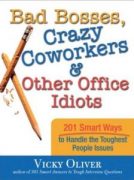 Gradually, I inched up the creative ladder until I was in a position to hire copywriters and art directors. But then these job candidates would saunter in, fifteen minutes late, with no idea who the agency’s clients were, no idea why they wanted to work there, specifically, and no idea who I was. After about the thousandth time, I said to myself, “Someday I’m going to write a book about this.” I would jot down a few notes and then go write some more ads.
Gradually, I inched up the creative ladder until I was in a position to hire copywriters and art directors. But then these job candidates would saunter in, fifteen minutes late, with no idea who the agency’s clients were, no idea why they wanted to work there, specifically, and no idea who I was. After about the thousandth time, I said to myself, “Someday I’m going to write a book about this.” I would jot down a few notes and then go write some more ads.
And then one day I finally sat down to write the book, 301 Smart Answers to Tough Interview Questions (Sourcebooks).
The process of writing was a joy because it came directly from my heart and from my real, lived experiences.
The people I met and interviewed during the creation of that book also informed what I wanted to share with readers trying to find a job.
It was a challenge to get this first book published because at the time I’d only ever written print ads, radio spots, and TV commercials, and hadn’t really authored anything with my name attached to it. Yet once I found a publisher, the book did quite well — much better than the editor imagined — and it paved the way for my other books.
My ability to serve as a resource to job hunters and people in transition has propelled me to become a careers expert. Hundreds of people have reached out to me in a panic about an upcoming job interview. For me, the best feeling comes from knowing that I’ve helped someone secure a job that they really, truly wanted. That’s what makes writing my books worthwhile.
* * *
Vicky Oliver is a Manhattan-based career development and professional-image expert, and is a seasoned media interviewee with over 901 media appearances. Vicky Oliver conveys practical, insider advice. Learn more at vickyoliver.com.
Category: Contemporary Women Writers, How To and Tips




